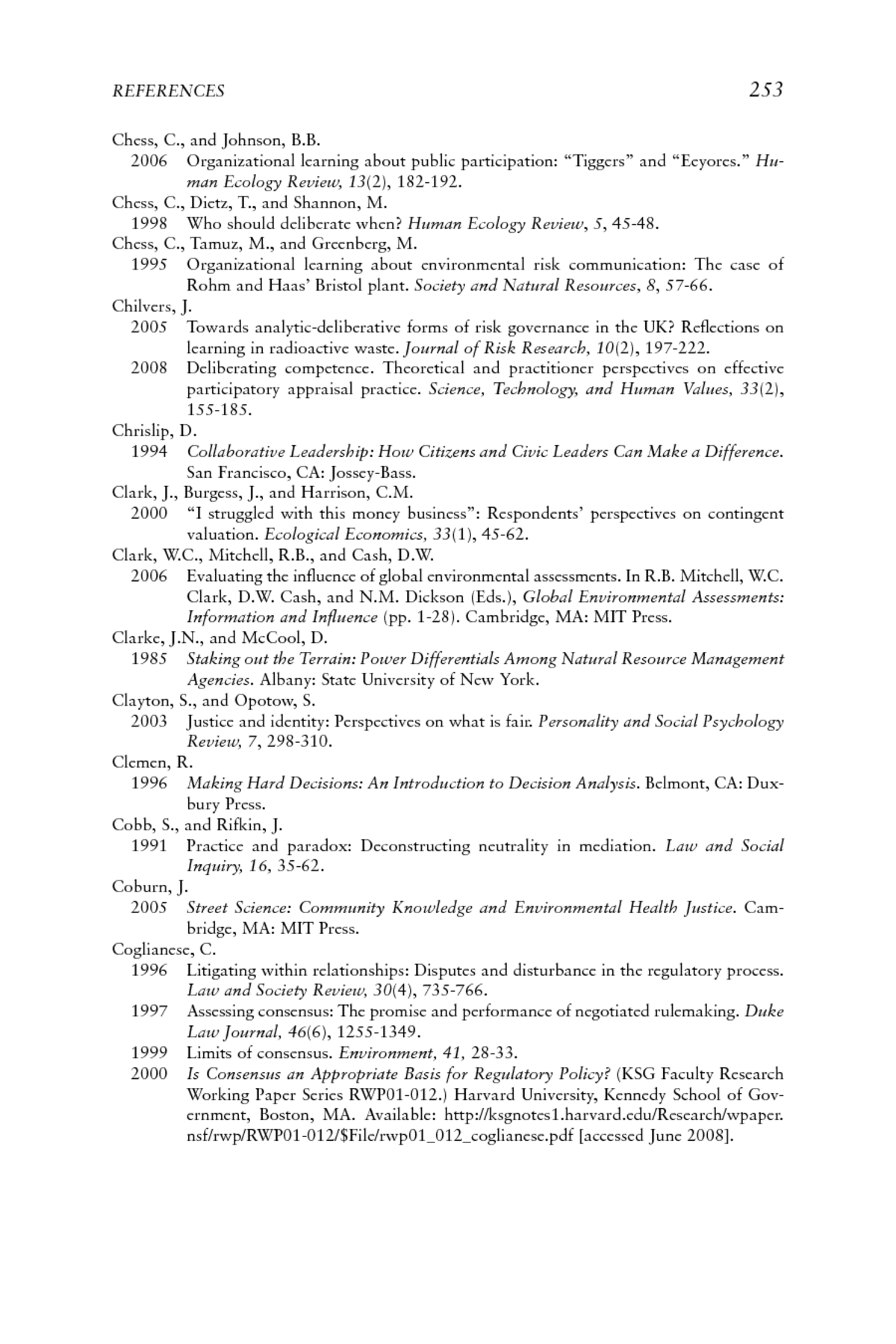Download Free Software On Democracy Dahl Pdf Files

And have been the center of the field of the of from the. And what’s more, they are the central elements in all of our, our daily lives and our family lives, this interview going on — and they’re enormously.(, –, ) was a political theorist and Sterling Professor of Political Science at Yale University. He established the pluralist theory of democracy—in which political outcomes are enacted through competitive, if unequal, interest groups—and introduced 'polyarchy' as a descriptor of actual democratic governance. An originator of 'empirical theory' and known for advancing behavioralist characterizations of political power, Dahl's research focused on the nature of decision making in actual institutions, such as American cities. Dahl is considered one of the most influential political social scientists of the twentieth century, and has been described as 'the dean of American political scientists.'
Download Free Software On Democracy Dahl Pdf Files Online

Contents.Quotes. One of the difficulties that confronts anyone who attempts to answer the question, 'Who rules in a pluralist democracy?' Is the ambiguous relationship of leaders to citizens. Who Governs?: Democracy and Power in an American City (1961), p.
Size and democracy by Dahl, Robert Alan, 1915-Publication date. Download 1 file. Borrow this book to access EPUB and PDF files. IN COLLECTIONS.
89. People can be deceived by appeals intended to destroy democracy in the name of democracy. Dissenters who believe in the democratic creed may unwittingly advocate or legitimists may insist on preserving rules of the game destined to have unforeseen and unintended consequences disastrous to the stability and perhaps the survival of the democracy. Who Governs?: Democracy and Power in an American City (1961), p. 325After the Revolution?
(1970; 1990) Ch. Main article: A Preface to Democratic Theory (Expanded ed., 2006). To what extent do the views of Madison justify the specific constitutional arrangements that came out of the Convention together with the political practices and doctrine that followed? I am now inclined to think that the connection was much looser than l indicated in my chapter on Madisonian Democracy. Foreword: Reflections on A Preface to Democratic Theory.
Does Madison's belief that separation of powers is necessary to prevent tyranny necessarily require a presidential system or even judicial review? As I pointed out, this reading makes Madison silly, or at least a casualty of historical developments, since almost all other democratic countries have rejected the first and some the second. Of course, like all others of his time Madison had to make judgments about constitutional arrangements with very little directly relevant historical experience to go on.